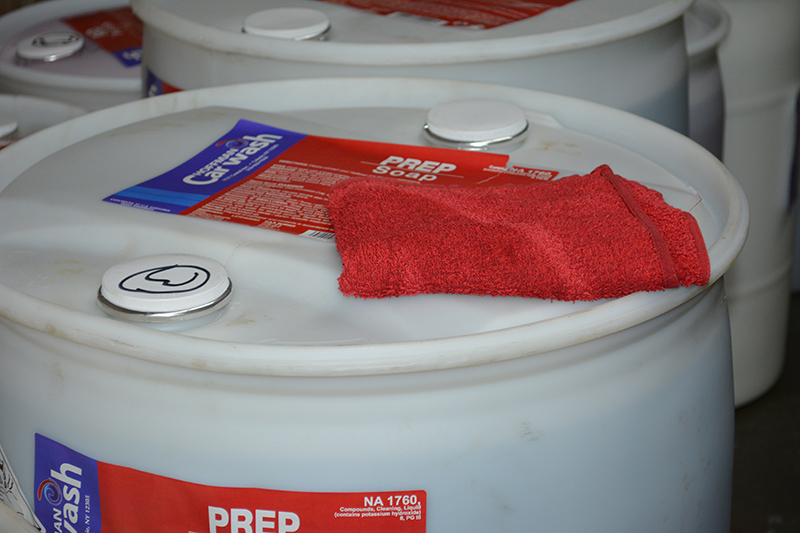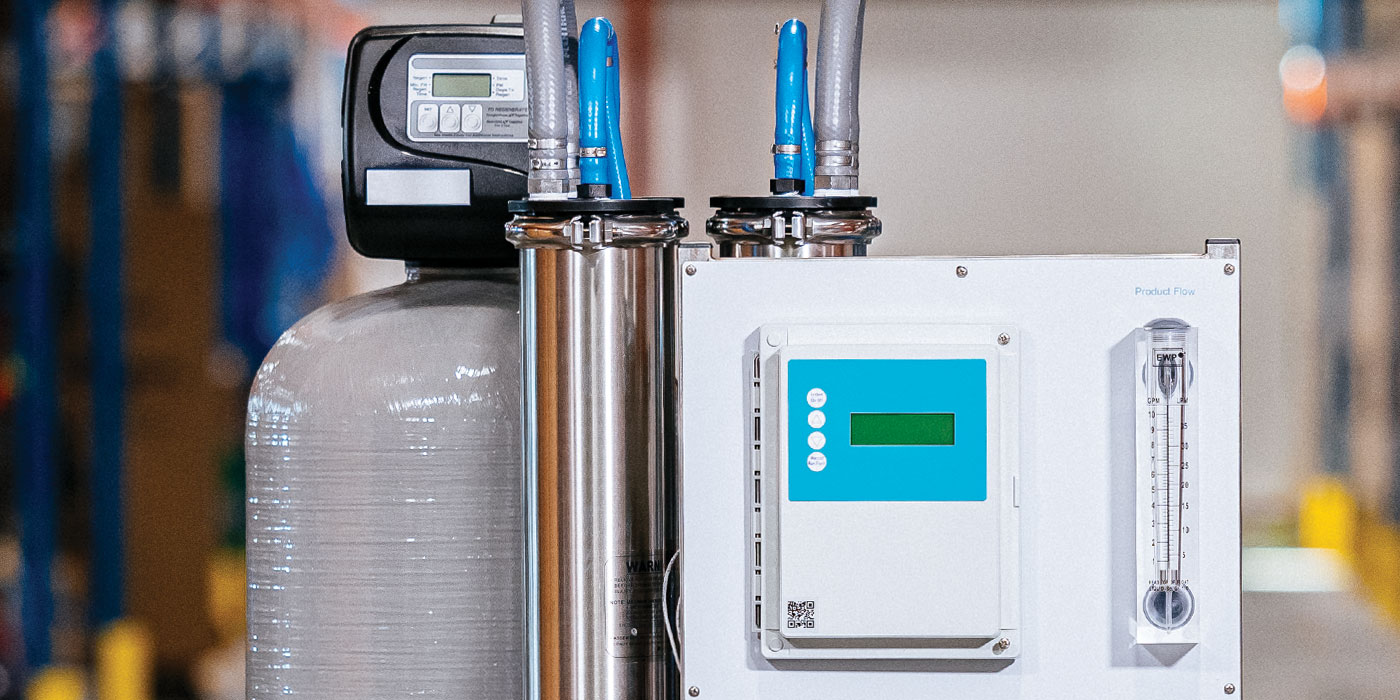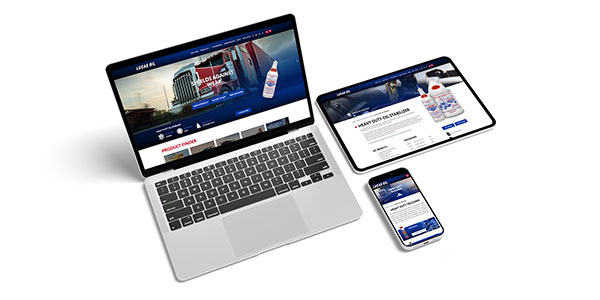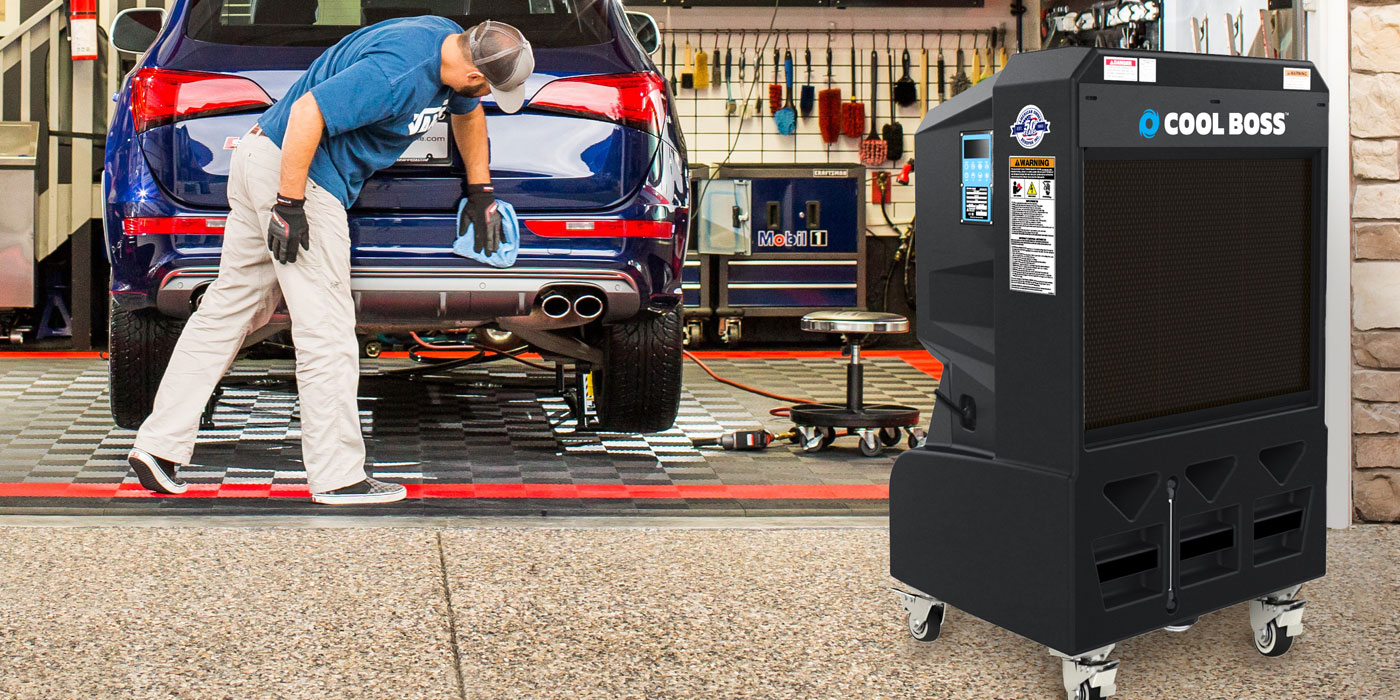So, a chemical company pays your carwash a visit. It made a great presentation and has promised you great chemical, great service, a free pumping station and some foaming trays to help grow your sales. It sounds pretty good, and the dollar value of what they are offering really seems significant. They are asking for a three-year commitment to justify the expense. What do you do?
Now, imagine your Great-Aunt Abigail sadly passed away and, to your surprise, she left you a hefty sum of $100,000. You try to think of where you are going to deposit this newfound wealth. If you walk into one bank and ask it what its interest rate is, and it says two percent, and then you walk into another bank and it says 1.9 percent but that it will also give you a free toaster, you probably would be smart enough to say “no thanks” to the toaster offer and lower rate.
Simple math would reveal that this $100 toaster oven would cost you $100 per year in interest. After three years, you end up paying $300-plus for that same toaster … and even more based
on the magic of compounding.
So the answer to the chemical company offering has much more to do with the cost of the chemical per car than it ever has to do with the freebies. This example would make most people say, “I would never fall for that,” but smart, educated carwash operators are currently making this mistake every day in our industry.
Why do normally smart operators fall for this trick?
There are three primary reasons: They make incorrect assumptions, they have difficulty comparing chemicals, and they want to avoid investment.
Let’s assume …
The majorly incorrect assumption is that “everyone supplies chemicals at pretty much the same strength and same quality.” This same concept comes in several other sayings that often get said about chemical companies and paint pretty much the same vibe: “Any chemical company can get a clean, dry car,” and “Chemical companies are all the same.”
Each of these statements tries to make sense of the industry and is usually said to the chemical company representative in the hopes of receiving agreement that they are all in fact the same. The other hope from operators touting these blanket statements is that they wish them to be true so they can reduce their time in making true evaluations or so they can instead work with someone they like.
The reality is that chemical companies are no more the same than brands of cars. No one would say that a Bentley is the same as a Yugo; no one would want to drag race a Corvette versus a Chrysler minivan.
Chemical comparisons
Bank comparisons are relatively easy. Banks have a disadvantage when it comes to fooling the customer with free toaster deals. Banks have to reveal the percent interest rate, any fees involved and your total deal details, often in a truth-in-lending disclosure in the case of loans. This makes comparisons easy. Chemical deals at your wash do not require such openness and specificity.
The problem becomes more difficult when you ask the question: How are you supposed to be an expert in washing cars, managing people, managing water use, handling accounting and being a chemist along with all the other demands of being an operator? And, the chemical company offering the “free toaster” would be happy to keep you in the dark, show you the brand signage they offer and leave you feeling good as to the relative quality of their proposal with the freebies.
But in reality, most operators would be shocked to see the actual range of strengths and qualities used throughout our industry. No chemical company says, “Hey John, do you realize we have you set up at the weakest strength of any of our customers so that I could give you that free signage you leveraged me into giving?” This wouldn’t market well, and if you aren’t measuring it in comparison to previous settings or industry leaders with some quantifiable measurement like titrations or strengths, they can play the free toaster game and pass on “free stuff” to you.
Related: Modern carwash chemistry solutions
Take tire and wheel cleaner as only one example. Tire and wheel cleaners vary widely in strengths, using a titration or field test that determines the quantity of soap present in a given sample. Our industry uses titrations ranging from 100 drops on tire and wheel cleaner (one supplier’s value for titration), or five to 10 percent maximum concentration, to five drops, or 0.25 to 0.5 percent. This may still seem like Greek to you, so we will translate that into a cost value.
The stronger product might have a retail cost of $0.20 per car, and the cheapest might only represent $0.01 per car. Makes you wonder: Which am I and where do I fall in the range? If you are seeing “tire gravy” (brown, soapy water all over the tire and wheel), chances are you are on the higher range of strength and cost; you are on a lower range if your wheels and raised white letters on tires aren’t coming clean every time. This range of quality potential occurs on every single product in your wash — this isn’t simply a tire and wheel problem.
Balancing carwash equations
There is an attraction to adding things like foaming arches, new total car protectant signage and chemical injection systems that we’ve always wanted but didn’t want to have to buy. Bundling with our chemical purchase helps it happen, and the bonus is we don’t have to “spend a dime.” If you have done all the math and have the skills to do the math, then this is great. But you need to be aware that the chemical company is making their money back somehow.
That “somehow” is to build that into the price of your car-by-car spend. This is done by either charging you more or giving you less. If you are going to take the deal here and you know what you are getting into with your eyes wide open, then make the deal. Consider this example of a free $3,000 foaming arch.
Assume you wash 300 cars per day and spend on average $0.60 per car. Then, assume your chemical supplier overcharges by only $0.02 per car over his deepest discount and lowers your strengths in total by a savings of $0.02 per car. In other words, your drying agent is a tiny, tiny bit weaker and your bug prep is just a little less solvent-filled — hardly noticeable on a car-by-car basis. The combined “overspend” of $0.04 per car at 300 cars per day raises your annual spending by $4,380. The three-year deal you just signed to get that “free” foaming arch just cost you $1,380 in year one, and $10,140 over the period of the deal.
Related: Factoring the average profit margin per car washed
In most cases, what our grandmothers or grandfathers would tell us is true. Buy your toaster at Walmart and do your banking at the bank. That way, you are best able to focus on the product comparisons and ensure you are not paying too much.
Many chemical companies can and do offer equipment add-ins with their offerings, and in no way does this article suggest that every equipment bundle is a bad deal for the operator. What this article is warning against is that it is very easy to lose sight of the value of each of these items when they get combined into an offer.
Operators must ask themselves whether they are truly comparing the merits of chemicals and the equipment value independently enough to make the wisest and most informed decision.
Brent K. McCurdy is president of the transportation group for DuBois Chemicals. The company’s Blendco Systems division manufactures and supplies a full line of transportation cleaning products, including formulated powder and liquid carwash detergents. McCurdy also oversees the company’s C.A.R. products division, which offers detail products and detergents/chemicals.














